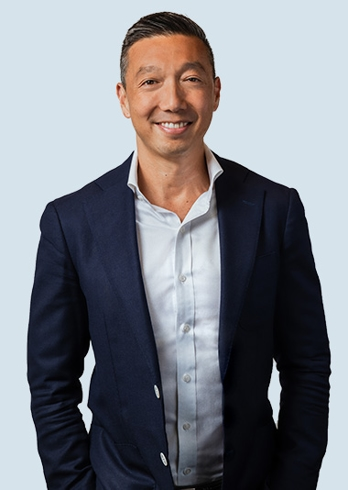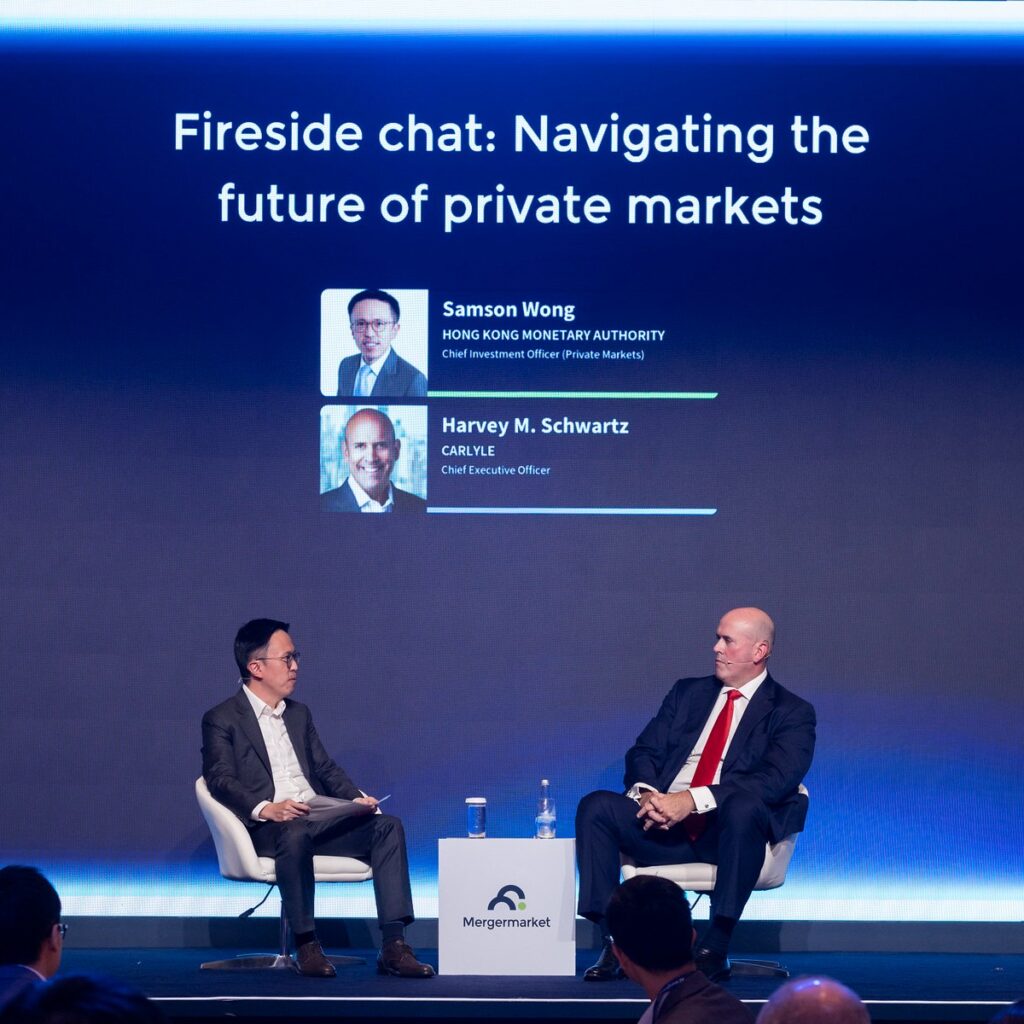Fund focus: Bregal Sagemount resurrects small cap strategy with USD 500m fundraise
In 2022, Bregal Sagemount completed its largest-ever fundraise at USD 2.5bn – 66% larger than its predecessor.
But writing bigger checks isn’t its only goal. The US private equity firm is also returning to its roots with a USD 500m small cap fund to target smaller, high-growth companies that may have been left behind in its climb to more than USD 7.5bn in cumulative capital, Gene Yoon, the firm’s founder and managing partner, told Mergermarket in an interview.
The strategy, Bregal Sagemount Basecamp I, closed in July with the intention to return to the sponsor’s original investment ethos of serving “bootstrap, founder-owned” companies, said Yoon. It invests between USD 20m and USD 75m in lower middle-market growth companies.
“Being able to serve folks from check sizes as small as USD 20m in the small cap fund, and then have the flagship fund take from USD 75m and above, really allows us to serve that whole founder ecosystem,” he added.

Gene Yoon, Bregal Sagemount’s founder and managing partner.
The New York-headquartered GP was launched in 2012 as a growth-focused operation within the larger umbrella of Bregal Investments, the global PE firm with more than EUR 19bn in assets under management tied to Europe’s billionaire Brenninkmeijer family.
Since then, Bregal Sagemount’s middle-market growth strategy has amassed a loyal base of institutional investors including leading endowments, pension funds, and family offices – more than 90% of the capital came from existing Bregal Sagemount investors, Yoon estimated.
The GP also recently closed a USD 800m credit solutions fund to be deployed across opportunistic credit and direct lending.
Less risk, more emphasis on growth
For the Bregal Sagemount team, creating value comes down to working with companies that “really don’t need our money,” Yoon explained.
Rather than taking on the risks associated with earlier-stage ventures, the firm opts to build relationships with companies already exhibiting strong fundamentals — strong growth tailwinds, resistance to market volatility, consistent recurring revenue, and proven sales and marketing strategies.
“If you have a nice growth company that’s making plenty of money, has never taken venture capital (VC) or private equity before…eventually they might need money for either a full or a partial cash out,” said Yoon. “Perhaps they want to acquire a business. Perhaps they want to accelerate growth and take in some organic capital.”
The newest fund will target companies with EBITDA of up to around USD 25m, said Yoon, similar to the initial small cap fund it was modeled after. “We don’t do cash-burning, VC-Iike companies. They’re at least break-even.”
By focusing its strategy heavily on earnings growth, Bregal Sagemount’s team says it has been able to keep leverage to a minimum.
“Because our strategy is really focused on growth companies that are already profitable, we don’t tend to need a ton of leverage to get to our investors’ target returns,” said Yoon, adding that most of the firm’s portfolio’s use between 15% and 20% leverage of the total capital structure. “On a blended basis, that probably means something like two to three times leverage,” he added.
Once an investment is made, Bregal Sagemount’s 30-person value creation team partners with the portfolio company to execute its growth strategy. That can take a variety of different forms, from executing new sales and marketing strategies to using artificial intelligence to enhance its margin profile and expand its range of products.
Keeping it niche
Yoon expects Basecamp I to be in line with Bregal Sagemount’s four prior funds in terms of deal volume, which have acquired around 12 to 15 platform companies and have completed, on average, about two acquisitions per platform company. There are outliers, however. “Some have done five or six,” he noted.
That process will take time. “In any given year, we probably execute two dozen new research initiatives in new sectors of the growth economy,” said Yoon. The firm then typically identifies “one or two that we want to track for the long run. And then, on average, it takes about two to three years of coverage time.”
Basecamp I will continue one of Bregal Sagemount’s core investment strategies: investing in “vertical technology” such as software and tech-enabled services companies that serve “a very specific need to a very specific end market,” said Yoon, as opposed to so-called horizontal technology which can be applicable a variety of industries.
The small cap fund’s first deal, a minority growth investment in Arizona-based insurance provider United Commercial Program Managers made in July, is an extension of that thesis.
The specialty wholesaler, which helps clients navigate the convoluted and highly nuanced world of environmental insurance, is utilizing technologies, including AI and machine learning, to streamline the process.
The family-led business joined forces with Bregal Sagemount when its founder’s strategic partner wanted to exit the joint venture, giving Bregal Sagemount the option to come on as a corporate partner, said Yoon.
The environmental insurance industry is deeply fragmented, Yoon explained, meaning that rather than executing a sweeping M&A strategy, Bregal Sagemount’s immediate goal is to exercise its expertise around sales and marketing to get the business in front of more brokers. Skyway Capital Markets served as financial advisor to UCPM on the deal.
Bregal Sagemount’s recent minority investment in Florida-based digital insurtech platform and private flood insurance provider Neptune Flood, which it made in May alongside PE firm FTV Capital, aims to capitalize on a similar vertical market niche through the power of technology. The company utilizes AI to predict where floods are going to happen, simplifying the underwriting process and adjusting policies to reflect the likelihood of damage in real-time.
Another vertical market Bregal Sagemount is currently circling is compliance, said Yoon.
The need for compliance isn’t impacted when the economy takes a turn for the worse, Yoon reasoned, from data security to environmental standards. “The EPA doesn’t care if it’s a recession or not…you can’t have dirty smoke coming out of your stack” above the maximum threshold.
While AI is “obviously a very hot topic”, Bregal Sagemount will continue to hunt for companies in vertical markets using the technology in new and interesting ways rather than making pure AI bets.
Goodwin Procter served as legal advisor to Bregal Sagemount on the small cap fund.










